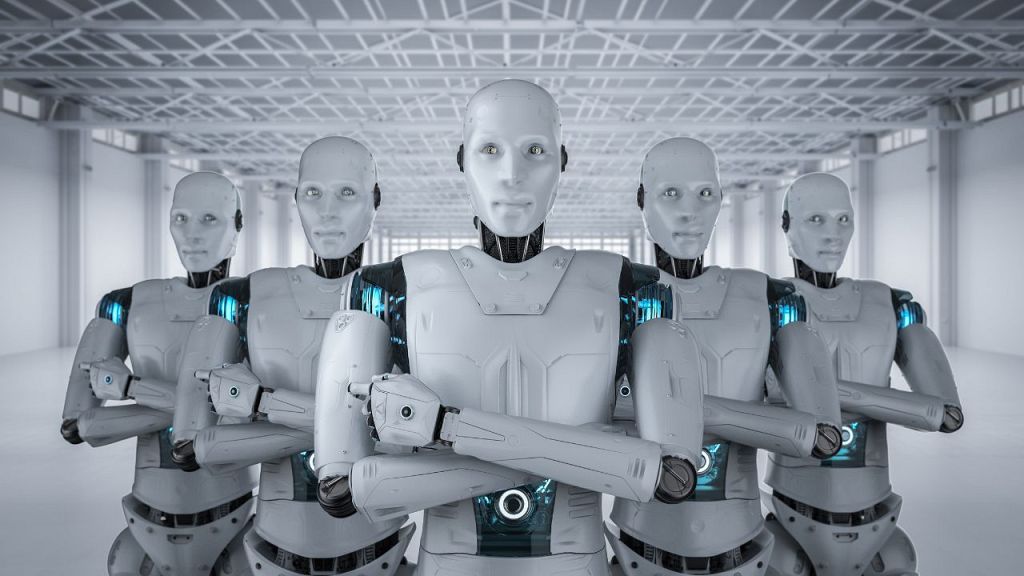The era of artificial intelligence (AI) has generated excitement and renewed concerns about the age-old fear of technology displacing jobs. However, a study conducted by the Massachusetts Institute of Technology (MIT) suggests that, at present, AI is too costly to replace humans in most occupations.
The research specifically examined the feasibility of replacing human labor with AI in jobs across the United States that utilize computer vision, including roles such as teachers, bakers, and property appraisers. The study revealed that only 23% of workers’ wages could be replaced cost-effectively by AI. Additionally, the researchers forecasted that it would take several decades for computer vision tasks to become financially efficient for companies, even with a projected 20% annual decrease in costs.
Computer vision in AI enables machines to extract information from visual and digital inputs. In an illustrative example involving a bakery, the study demonstrated that using computer vision for ingredient quality control constituted only 6% of the overall tasks, and implementing the technology would be more expensive than having a human perform the same task.
Financed by the MIT-IBM Watson AI Lab, the study gathered information on approximately 1,000 visually assisted tasks in 800 occupations through online surveys. It discovered that, in many instances, the installation and maintenance of AI systems were more costly than employing human workers for the same tasks.
The researchers addressed the common sentiment of “machines stealing jobs” during periods of rapid technological change, stating, “We find that only 23% of worker compensation ‘exposed’ to AI computer vision would be cost-effective for firms to automate because of the large upfront costs of AI systems.”
Despite concerns about AI causing job losses, OpenAI’s CEO Sam Altman, speaking at Davos last week, offered a counterpoint. He argued that artificial general intelligence (AGI), a theorized form of AI with human-like task performance capabilities, will have a lesser impact on changing the world and jobs than commonly perceived.



